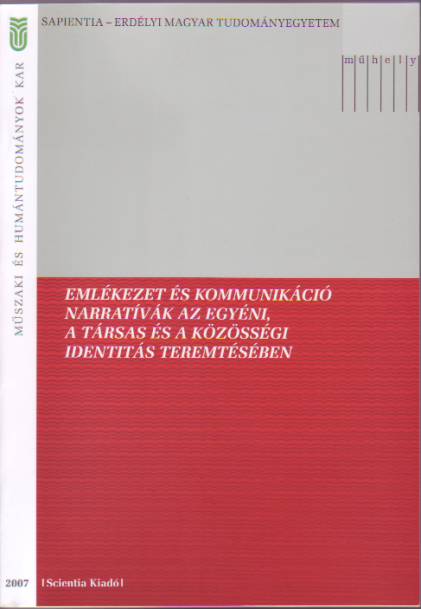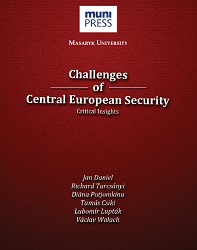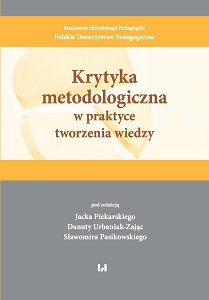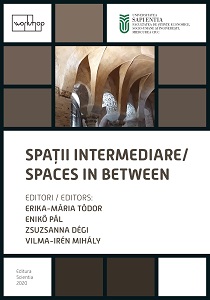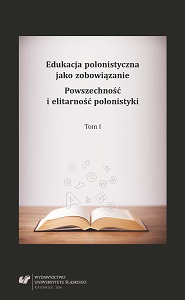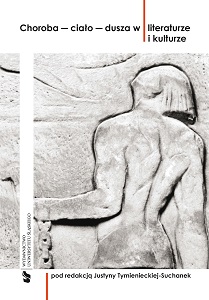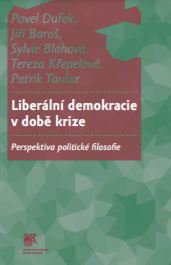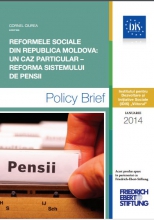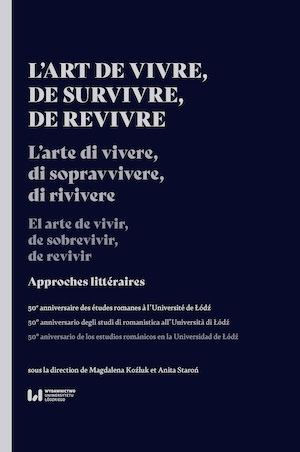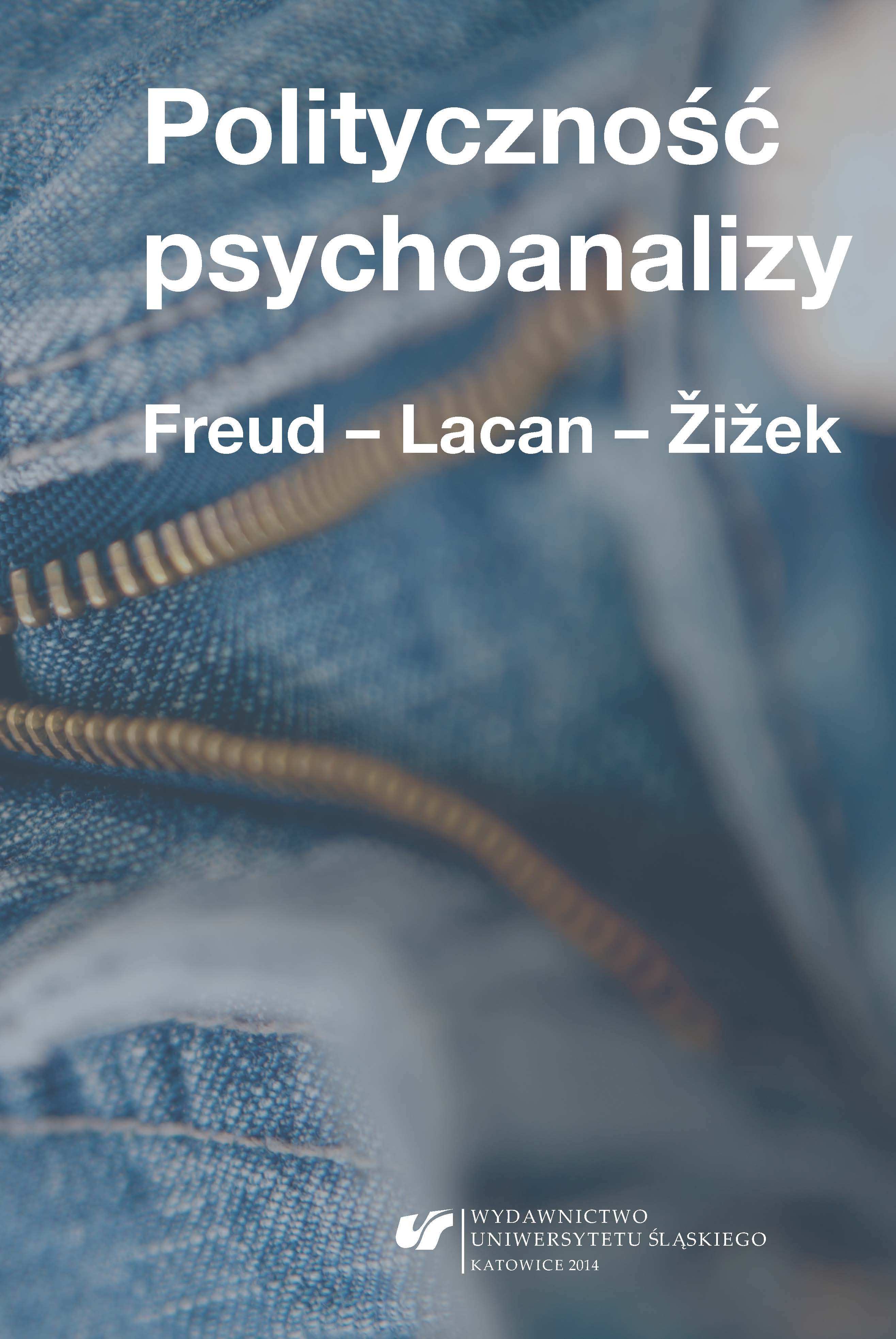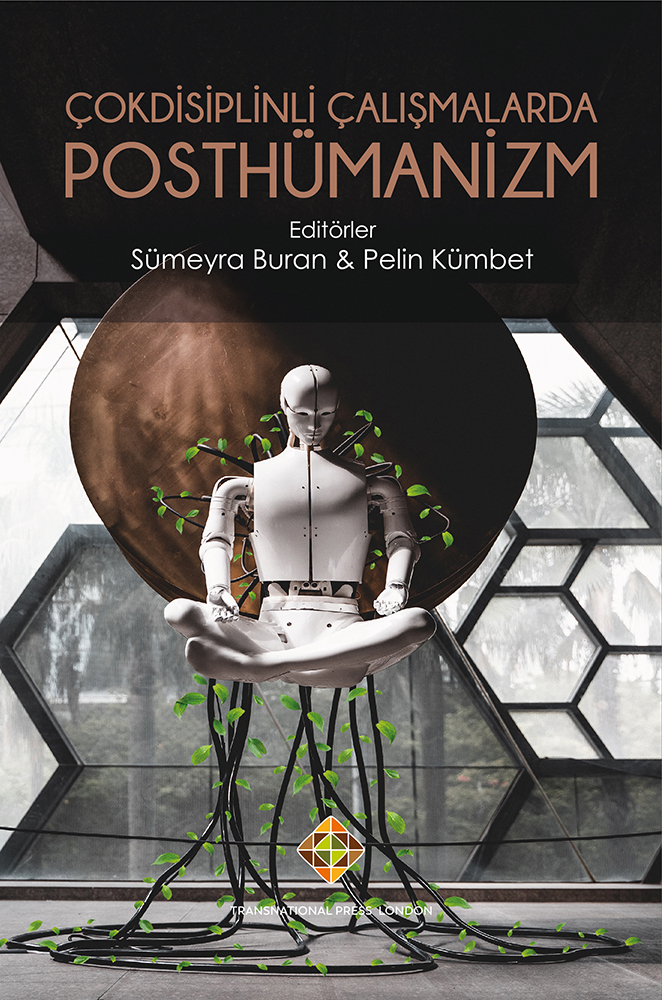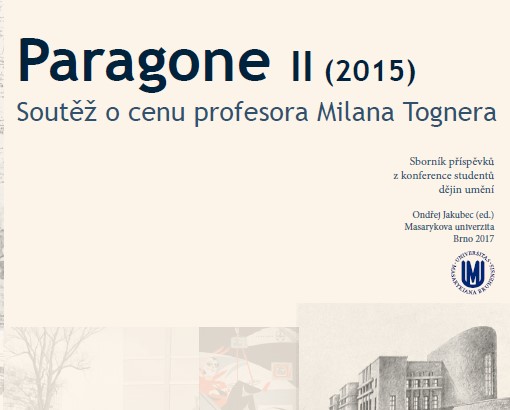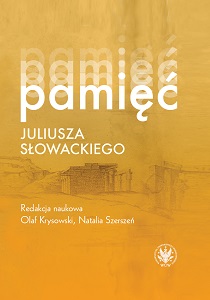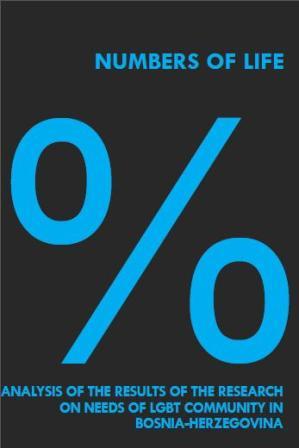
Numbers of life
Numbers of life
Keywords: LGBT community; needs; research; BiH;
Between February and June 2013, Sarajevo Open Centre conducted research about the rights, needs and problems of the LGBT community in BiH. The initial aim of this research was to map the real problems and to assess the particular needs of LGBT persons in BiH. The results will enable defining precise and clear arguments that could be used in future problem solving, through concrete activities, such as advocacy, education, meetings and similar, with institutions which are proven to act in discriminative manner against LGBT persons, by not performing their activities in accordance with ethics or through not intercepting the policy of selective human rights defending. An interdisciplinary theoretical approach is necessary for developing several perspectives that will highlight the complexity of sociological phenomena and create space for allocation of particular context of Bosnia and Herzegovina into a broad theoretical framework. By using questionnaires, we have explored how persons of non heteronormative gender and sex identity and sexual orientation, live in Bosnia and Herzegovina – which persons from their surroundings are aware of their LGBT identities and whether they support them, their experiences of discrimination and violence, how they handled these human rights violations, how did society and the legal system react, their opinions on Gay Pride Parade, their confidence in the police, whether their mental health suffers due to fear and homophobia they are exposed to because of their sexuality or gender identity, and how health workers relate to them. Likewise, we have inquired about the attitudes of LGBT persons on their social needs, their opinion about the LGBT community itself, on activities of Sarajevo Open Centre, and political participation. Data that was gathered through the research was processed in SPSS statistical software. A descriptive analysis was written in accordance with the statistical inquiry and is based on an interdisciplinary approach to areas and topics that is dealing with. First of all, it was important for us to use the analyses to interpret the issues that we have defined as our objectives. These analyses will serve as a platform for further advocacy, towards governmental and other institutions – police, health care, responsible ministries, judiciary and so forth – for changes that LGBT persons will benefit from. The research encompassed 545 persons ranging in age from 54 to 15. There were 275 persons of female sex and 246 of male sex, 14 intersexual and 9 transgender persons and 1 person who did not want to define itself according to sex. Out of these figures, 252 persons identified themselves through female gender, 235 through male, 9 persons was identified as transgender, while 42 of them does not identify themselves through gender and 7 persons have their own self creation of gender. When it comes to sexual orientation, there are 338 persons who are homosexuals, 151 bisexual, 25 pan sexual, 7 persons declared themselves as asexual, 9 as heterosexual, while 15 examinees identified as ‘other’ and added their own definition of their sexuality. Concerning the significant number of trans and intersex persons who have participated in the research, one chapter is particularly dedicated to them. The question related to which persons from their surroundings are aware of their LGBT identity has shown that for 90, 4 % of LGBT persons, their friends do know and the majority is supportive – out of the overall number, 89, 2 % of friends support their LGBT friends. Likewise, colleagues from work place/school/college are more familiar with the fact that a person is LGBT than their family members. Namely, for 46, 4 %, their work/school/college surroundings know that they are LGBT and two third of them (66, 6 %) gains their support. Sister/s know about her brother/sister/s being LGBT in 44, 7 % of cases and 86, 7 % of them is supportive, which makes them a group that is, after friends, the most supportive one. Mother/guardian is in the fourth place and for 40, 7 % of LGBT persons; she is familiar with their LGBT identity, but only 61 % of examinees have the support from their mother/ guardian. Brother/s are familiar with it in 37, 5 % of cases and majority is supportive – 75, 9 %. Acquaintances of LGBT persons are in 36, 8 % of cases familiar with their identities and most of them are supportive (67 %). Father/guardian is familiar with sexual orientation or gender identity of every fifth person (22, 7 %) and less than half of them supports their children (41, 8 %), which makes them the least supportive group among the close family members. For 15, 2 % of examinees, their broader family is familiar with their LGBT identity and supportive in 65, 7 % of cases. The question of whether one has experienced any form of discrimination because he/she is an LGBT person was answered positively by 35, 8 % of examinees and negatively by 63, 1 %. It is clear that persons who are not out to the broader public – at the workplace, college, to their acquaintance etc. – cannot be discriminated against due to their sexual orientation. This research shows that colleagues from work, school or college in 40,7 % of cases are aware that their colleague is an LGBT person but almost half of them are not supportive. Likewise, for every third person their acquaintances know his or her sexual orientation. All this together fits into an image that a little over one-third of LGBT persons are out to their broader surroundings and in accordance with that, discrimination is experienced only by every third LGBT person. Discrimination is not reported in 93, 8 % of cases. Only 3 cases of discrimination were prosecuted and one was completed successfully, while another 23 have never been prosecuted. Because of their gender expression or sexual identity, 23, 5 % of persons have experienced violence, while 74, 2 % of them have never been victims of violence. Physical violence was experienced by every third person, and sexual violence by almost every fifth person. Victims of violence are almost always persons who are out. 130 persons have suffered through violence, and only 17 of them have reported it, while 3 cases have been prosecuted in court and 2 cases are still ongoing. If we consider the fact that only 3 cases out of 17 that have been reported and prosecuted in court, while 2 other are still ongoing, it is nothing unusual that LGBT persons are not confident towards the institutions that are supposed to protect them. 23, 1 % of examinees have confidence in the police, while 73, 6 % does not have. Every third person who, due to the consequences of homophobia, suffers from depression, fear, anxiety, affliction or any other symptoms, is determined to seek for professional psychological, psychiatrists or therapeutics help because of assumed incompetence of persons one would approach to, and because of the fear that their sexuality will be uncovered. Almost 70 % of examinees have declared a lack of support from family and friends as the biggest issue. Although 82, 5 % of LGBT persons do not have to hide their gender identity and sexual orientation in front of their friends, it is obvious that the majority does not receive the desired emotional, psychological and social support. On the other hand, as the question related to support has shown (chart 10) – family is also not supportive, so the severity of this information is only being confirmed through questions on the biggest issues. Almost as big is the problem of physical violence (attacks, property wreckage and similar) – 68, 9 % of persons have marked it as the biggest issue. Psychological/verbal violence was marked as a problem by almost the same number of persons – 68, 7 %. When the issue of violence, whether physical or psychological, is associated with the failure of institutions that are supposed to punish those who commit it, the issue of processing and punishing violence is considered an urgent one, which needs to be resolved. Discrimination at the workplace, at school or at college is one of the biggest problems for 62.6% of examinees, which places the problem of discrimination on almost the same level with violence. The lack of state institutions’ support programs was described by 66, 4 % of examinees. Police, judiciary or certain areas of health system do not provide their services professionally, due to the lack of knowledge related to LGBT issues and to the high level of homophobia. The objective of examining the level of active and passive political participation of LGBT persons was to highlight the fact (which implies, but is not considered relevant, and even less is seen as a certain political potential) that LGBT persons are also voters in the elections (more than half of examined LGBT persons exercises their right to vote), that they are also members of political parties in BiH (62 persons are members of parties), and that they run for elections and have certain political results (13 out of 62 persons have been candidates on elections and have had certain results). Based on the analyses of collected statistical data and additional comments that examinees have emphasized, we have produced general conclusions and recommendations for certain sectors – some areas of the health system, police, but also civil society – since it was shown that they are not providing their services professionally, while we have tackled reasons and solutions of this situation in separate recommendations.
More...
